Consultant and political analyst, Mathieu Slama works for several media, including Le Figaro and Le Huffington Post. He has published The War of the Worlds, Reflections on Putin's Crusade Against the West, (ed. De Fallois, 2016).
“Freedom cannot be negotiated”.
It is with this sentence that the cartoonist Xavier Gorce announced his resignation from the newspaper
Le Monde
, in the wake of a controversy that we would readily qualify as grotesque if it were not, in reality, the symptom of a democratic regression as worrying as it is dangerous.
Let us recall in a few words this controversy:
Le Monde
published, in its newsletter of Tuesday, January 19, a drawing by Xavier Groce in which he features (as usual) two penguins, one, young, asking to the other:
"If I was abused by the adopted half-brother of my transgender father's partner who became my mother, is that incest?"
Following this publication, a controversy ignited social networks, many judging this drawing "transphobic" on the one hand and insulting people victims of incest on the other hand (in a sensitive context on this subject after the revelations overwhelming political scientist Olivier Duhamel).
In reaction to the controversy, the newspaper
Le Monde
published an apologetic statement indicating that
"this drawing can indeed be read as a relativization of the gravity of the acts of incest, in inappropriate terms vis-à-vis the victims and transgender people. ”.
So much for the facts.
It is now a question of understanding why what happened is extremely serious.
The drawing, first of all, did not deserve such a scandal.
There is nothing in this drawing that is insulting to anyone.
We can understand it as a mockery, of course, but also as a criticism of all those who in one way or another relativize incest and pedophilia.
Xavier Gorce himself gave this explanation to the newspaper
Le Point
.
In short, there was nothing to provoke such a scandal.
But whether this drawing is shocking or not is ultimately very secondary.
What is important in this story is what it says about the importation into France of a puritanical and liberticidal culture that comes from the United States, which is opposed to all history and culture. French and which radically calls into question our conception of freedom of expression.
Censorship and anathemas launched against all those who make "problematic" remarks are the norm today.
In the United States, censorship and anathemas launched against all those who make "problematic" remarks are the norm today, on social networks as elsewhere.
This phenomenon of "cancel culture" (culture of boycott and prohibition) affects all sections of society.
The examples in recent years are endless.
Republican Senator Josh Hawley had his publishing contract with Simon & Schuster canceled the day after the events on Capitol Hill, after a campaign launched on social networks.
In the journalistic world, the
New York Times
distinguished itself twice, first by giving up publishing cartoons for the political press in the columns of its international edition after a controversy over a cartoon deemed anti-Semitic;
then by provoking the resignation of the editor-in-chief of his editorial page after a petition had circulated within the editorial staff to criticize his choice to have opened his pages to an elected Republican who reacted in a polemical way to the death of George Floyd .
In the cultural world,
Harry Potter
author
JK Rowling has been bombarded with hate messages on social networks for asserting his opposition to gender theories.
Cancel culture has grown to such an extent in cultural circles that some actors, like Matthew McConnaughey, have expressed their concern about the disappearance of public debate and the refusal of contradiction in the United States.
To read also:
Mathieu Bock-Côté: The New York Times, “the“ Pravda ”of American progressivism”
This cancel culture can also have tragic consequences.
The journalist Brice Couturier recalled it on
France Culture
recently, it made a victim in the academic world, with the suicide last July of Mike Adams, Professor at the University of Wilmington in North Carolina following a wave of harassment on social media after daring a politically incorrect joke on his Twitter account about the lockdown.
It is not enough not to be guilty, it is also necessary to be exemplary.
This liberticidal culture which extends its grip to the entire Western world is, in our opinion, an emanation of Anglo-Saxon puritanism which imposes a particularly intolerant moral order, based on a demand for exemplarity pushed to its paroxysm.
It is not enough not to be guilty, it is also necessary to be exemplary.
All those who do not comply with this requirement become scapegoats, culprits whose moral ignominy must be demonstrated publicly and who must be condemned to the symbolic punishment (but nevertheless with often very concrete consequences) of death. social.
What is now called “cancel culture” finds its roots in this ideology.
There is, in the fury of denunciation expressed on social networks and elsewhere, something Girardian, a search for the scapegoat and the culprit who joins, metaphorically at least, the executions and tortures that took place in public. a few centuries earlier.
The tragedy is that this puritanism, totally foreign to our culture, is in the process of overwhelming France.
The Gorce case is the most recent illustration of this.
Other examples have marked the news lately: changes to a title deemed offensive in a book by Agatha Christie, requests to ban Tintin's albums, controversies around intellectuals such as Alain Finkielkraut or Éric Zemmour whose resignation is requested and whose speech we would like to prohibit, verbal assaults and physical threats against young Mila, etc.
Read also:
Mila, the clandestine life of a teenager victim of Islamist hatred
What is most serious is that this culture of censorship and intolerance is promoted by the citizens themselves, who now act as little attorneys for virtue, of what is allowed to say and not to say, of what who is acceptable and what is not.
In the name of a hypocritical and partisan moral order, a leaden blanket is stifling public debate in France.
Anything that is a little provocative is immediately considered as hate speech, any critical position on a particular minority is interpreted as discriminatory.
Cancel culture moralizes public debate to the point of criminalizing any “deviant” speech.
It is akin to a new form of non-state totalitarianism that regulates public discussion, intimidates all non-conformist talk and empties freedom of expression of all its substance.
Freedom cannot be negotiated.
If it no longer involves the possibility of shocking and hurting, then it no longer exists.
We have seen, in certain reactions to Xavier Gorce's drawing, left-wing personalities explain, with the arrogant certainty of those who do not think, that freedom of expression could not be the freedom to shock or to mock, especially towards those who have already suffered greatly, and that caricature is miserable when it attacks the weak.
But who are they to decide what is allowed to say and what not to say?
Who are they to redefine in their own way what freedom of expression is in France?
Do they consider that Molière, our greatest playwright, should be banned from performing because he criticized and mocked the small and powerful, women, the bourgeoisie, the people, the religious, the doctors…?
Do they think that
Charlie Hebdo
cartoonists
should have refrained from publishing their cartoons?
This is the worst part: the same people who, a few years ago, took to heart the slogan "Je suis Charlie" are now mediocre public prosecutors in France.
Because it is one thing to criticize a caricature that one would consider insulting, it is another to deny it the right to exist.
On the one hand, we express our freedom to criticize and our critical spirit.
On the other hand, we refuse the very existence of shocking and shocking comments.
Freedom cannot be negotiated.
If it no longer involves the possibility of shocking and hurting, then it no longer exists.
It is this threat that awaits us today, and it is the fault of the newspaper
Le Monde
to have yielded to calls for censorship of the pack.
We had to stand firm, in the name of our principles.
Gilles Deleuze, theoretician of what he called “control societies”, analyzed in 1977 in the newspaper
Le Monde
(ironically) the consequences of repeated attacks on freedom of expression.
This is the heart of his argument:
“The old fascism, however current and powerful it is in many countries, is not the new current problem.
We are being prepared for other fascisms.
A whole neo-fascism settles in relation to which the old fascism appears as folklore.
Instead of being a policy and an economy of war, neo-fascism is a world agreement for security, for the management of a "peace" no less terrible, with the concerted organization of all the little fears, all the little anxieties that make us so many microfascists, responsible for stifling everything, every face, every slightly strong word, in its street, its neighborhood, its cinema hall. "
There is not a line to change in his analysis today.


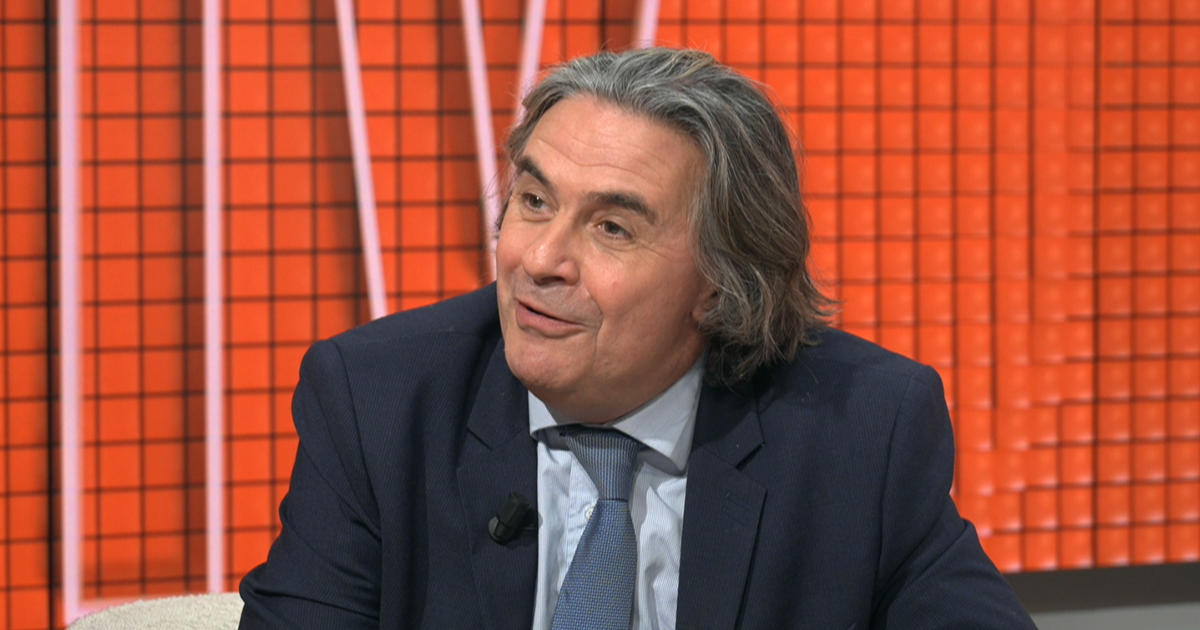
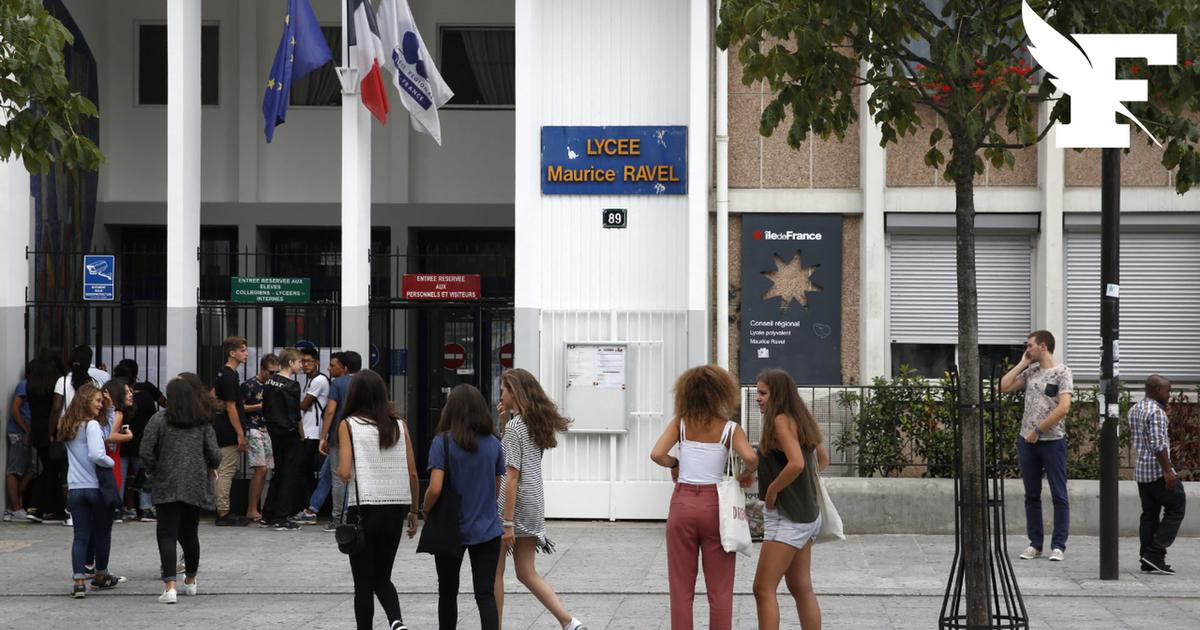

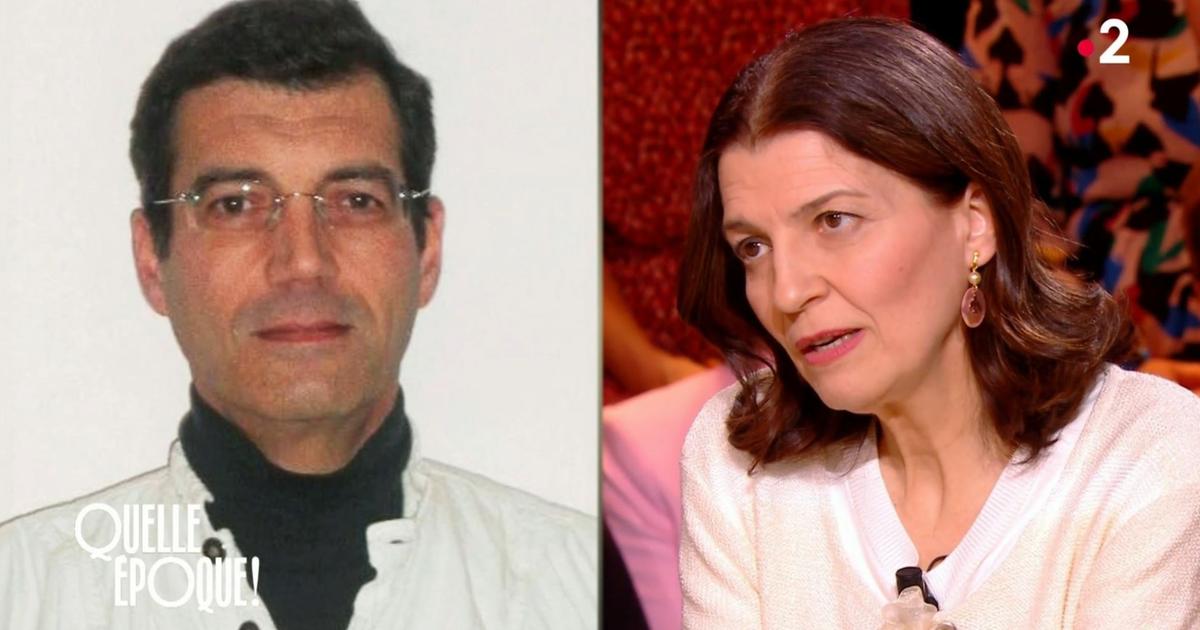
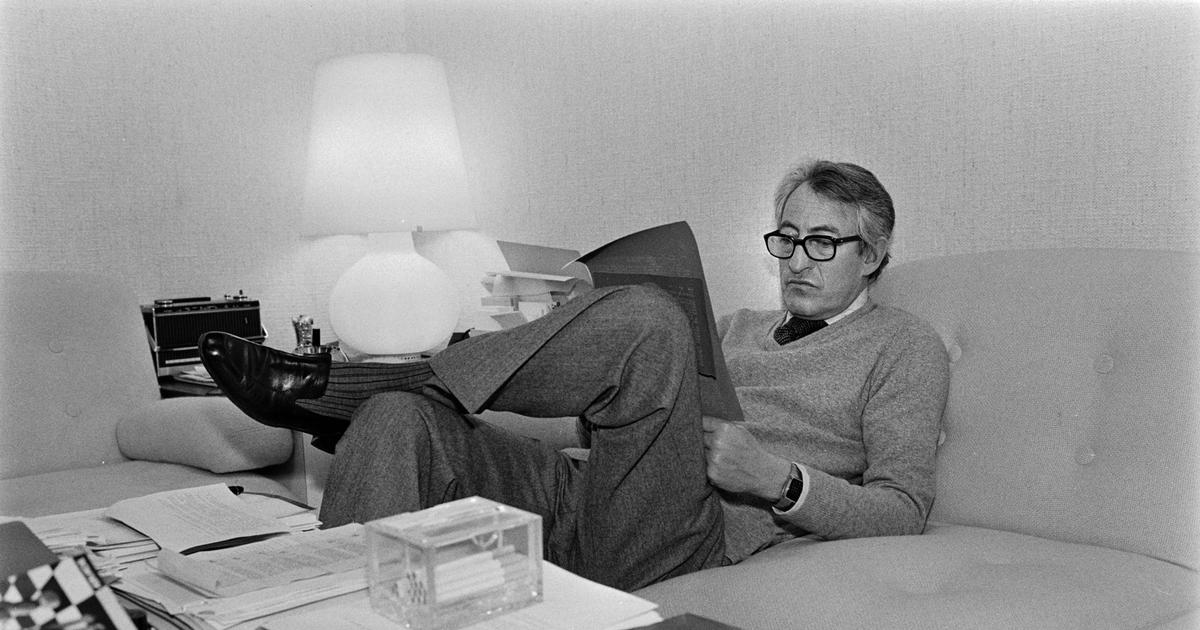


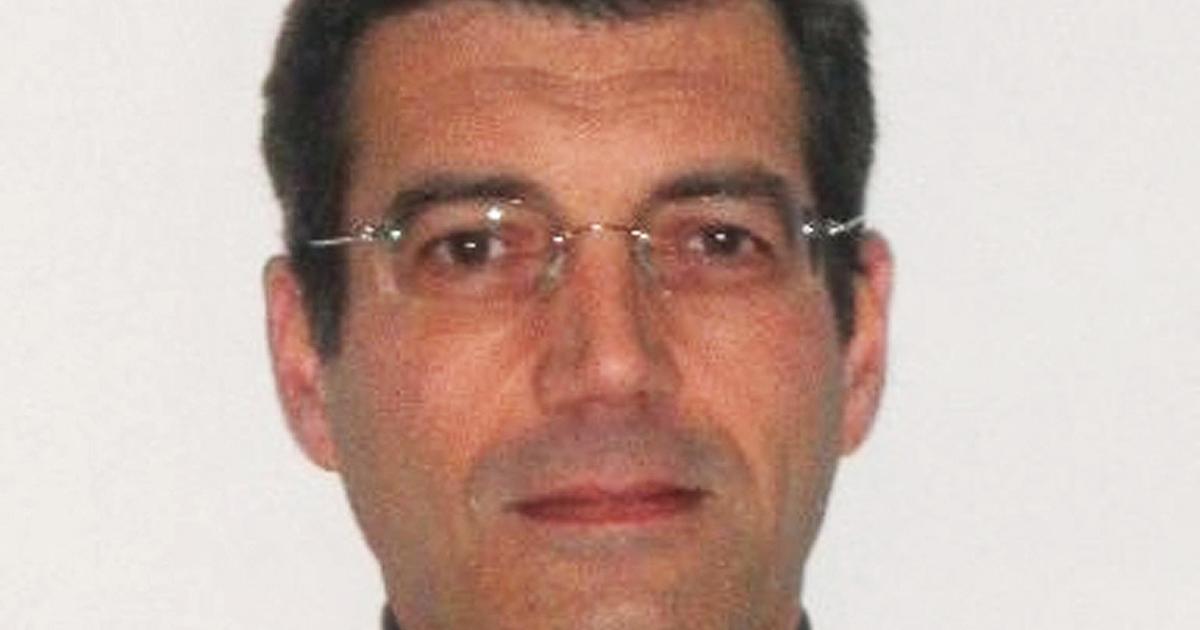
/cloudfront-eu-central-1.images.arcpublishing.com/prisa/2C5HI6YHNFHDLJSBNWHOIAS2AE.jpeg)



